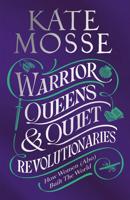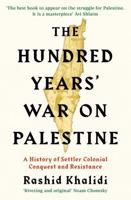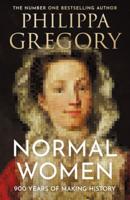Publisher's Synopsis
Samuel Pepys's London was a turbulent, boisterous city, enduring the strains caused by foreign wars, the Great Plague and the Great Fire, yet growing and prospering. The Restoration in 1660 brought the reopening of the theatres, with women appearing on the stage for the first time, and the period saw the development of English opera and the first public concerts. Pepys lived through a time of change in a city of contrasts, which maintained a sophisticated cultural scene, yet was a focus for political turmoil that spilled over into violence. Against this changing and sometimes troubled background Londoners strived to make a living and to enjoy the benefits of their efforts, as consumers of an increasing range of food and drink, luxuries and entertainments. The London of Wren, Dryden and Purcell was also the city of Nell Gwyn, an orange seller in the theatre who became an actress and the king's mistress; of 'Colonel' Thomas Blood, who attempted to steal the crown jewels from the Tower and yet escaped punishment; and of Titus Oates, whose invention of a Popish Plot provoked a major political crisis. London was the country's political, economic, social and intellectual capital, described by a visitor from Tuscany as 'the metropolis of the whole island'.






